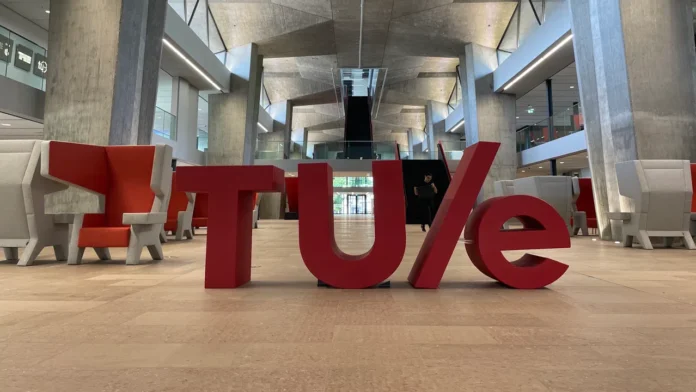Dutch universities have presented measures to reduce the number of English-taught courses. This was at the request of the outgoing cabinet. TU/e says it has difficulty with this, although the measures appear to have limited influence on the university.
By order of the outgoing cabinet, the universities must put a stop to internationalisation in education. The number of English-taught courses must be reduced, something for which the universities have now presented a joint plan.
TU/e stated in a response that it is not satisfied with the measures. There is disappointment about the cabinet’s position. “We have great difficulty with the need for measures to reduce the international character of universities,” says TU/e chairman Robert-Jan Smits.
Concept
“Due to demographic developments, the Dutch influx is decreasing, the share of prospective students who choose technology remains low, but the need for highly educated engineers is only increasing.” At the same time, the chairman of the board is resigned. “We desperately need international talent. But we understand that The Hague calls for measures, because internationalisation has strong undesirable effects in certain places.”
Shortage sectors
The guidelines drawn up by the Dutch universities also offer prospects for TU/e, Smits said. “The package takes into account deficit sectors and consequences for the regional economy in several ways. This gives us the opportunity to continue offering our courses in English, which is very important for sufficient inflow, although we still have to wait for the exact content of the Internationalisation in Balance Act.”
The chairman of the board assumes that some measures from the package will be implemented at TU/e. “For example, we will work to further increase the percentage of international graduates who stay in the Netherlands to work after their studies – although our percentage is already the highest in the Netherlands.”
Grow
Smits expects that the university can continue to grow with the current package of measures. “As TU/e, we remain committed to our international character and we are proud of our international community,” says chairman Robert-Jan Smits finally. “International talent is and remains extremely important, both for the university and for the region.”
Source: Studio040
For Eindhoven News: Lila Mehrez
















